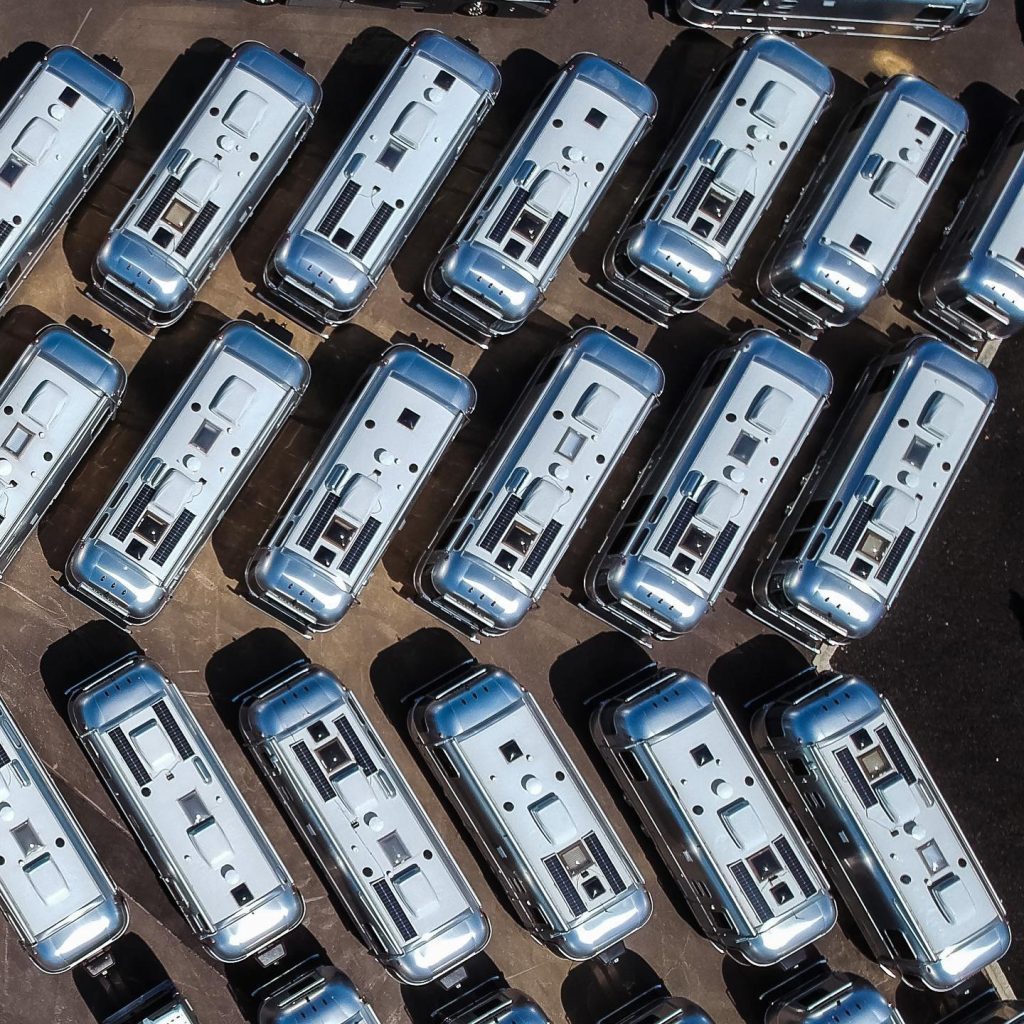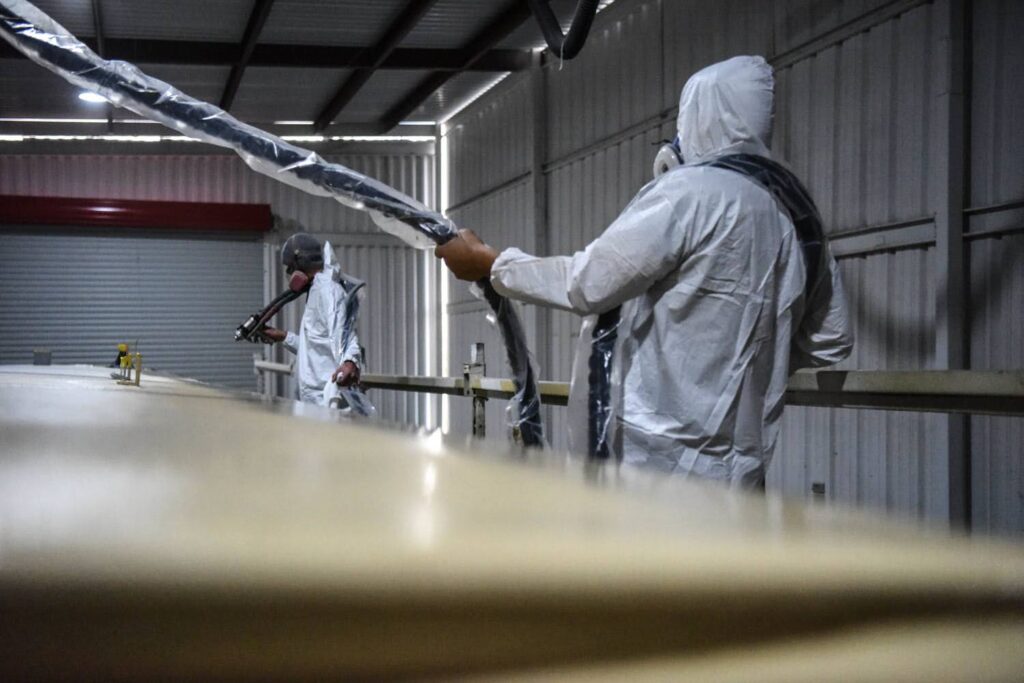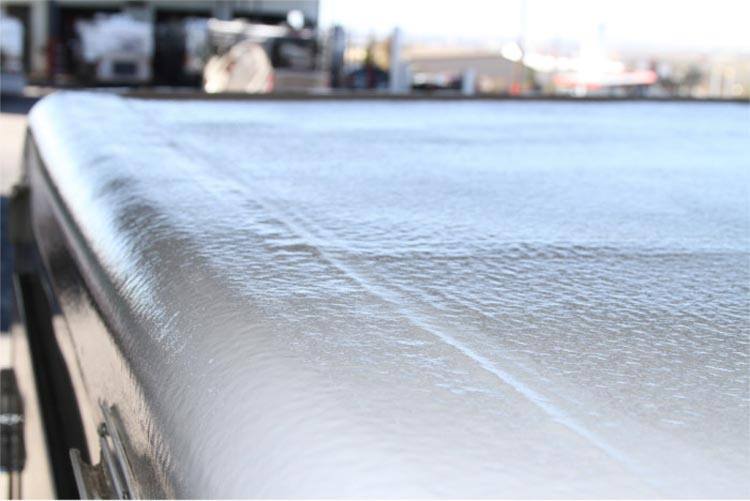When it comes to maintaining and protecting RVs, the roof is often neglected, even though it’s a part of. With the introduction of polyurea as a roofing solution, our approach to RV roof liners has been transformed. This amazing material provides durability, easy application, and lasting protection, making it a popular choice among RV enthusiasts worldwide. In this blog post, we’ll delve into the advantages of polyurea roof liners and discuss why they’re quickly becoming the standard in the industry.
Getting to Know Polyurea
By combining a polyol resin and an isocyanate hardener, polyurea is a type of coating. The result is a material known for its strength, flexibility, and resistance to environmental factors. Initially developed for coatings, polyurea has gained popularity due to its outstanding qualities. Its seamless waterproof properties and resistance to chemicals, UV rays, and extreme temperatures make it ideal for protecting RV roof liners.
Extended Lifespan and Enhanced Protection
The durability and longevity provided by polyurea roof liners are truly remarkable. This material boasts tensile strength that allows it to withstand weather conditions such as heavy rain, extreme heat, and freezing temperatures.
Moreover, the ability of polyurea to withstand standing water ensures that the roof remains watertight, preventing leaks and safeguarding the interior of the RV.
Polyurea is also highly resistant to chemicals like tree sap, bird droppings, and road salts. These substances can harm roof materials, but polyurea forms a strong barrier that shields the roof from corrosive elements.
Seamless Application and Efficient Installation
Another notable characteristic of polyurea is its application process. Unlike options that involve seams or joints, polyurea can be sprayed onto the RV roof in one go. This seamless membrane eliminates points or susceptible areas prone to leaks offering reassurance to RV owners.
Additionally, polyurea boasts a curing time leading to installation. This drying feature allows RV owners to have their roof liners applied efficiently reducing downtime and maximizing their travel time.
Cost Effective and Low Maintenance
Although polyurea roof liners may come with a cost compared to certain traditional roofing materials, they prove to be highly cost-effective in the long run. With their durability and longevity, these roof liners require upkeep, saving both time and money for RV owners over time.
By getting rid of the need for repairs and replacements,, polyurea roof liners provide value for RV enthusiasts.
Visual Appeal
In addition to its benefits, polyurea also adds a touch for RV owners. This versatile material allows for customization with a variety of color choices, giving RV owners the option to select a coating that matches their vehicles look. Furthermore, polyurea comes in both textured finishes, enhancing the aesthetics of the RV roof.
Summary
Polyurea has transformed the realm of RV roof liners by offering durability, protection and easy application. With its properties, resilience against environmental elements, and minimal maintenance needs,, polyurea presents RV owners with a lasting solution to safeguard their investment. Additionally, its cost-effectiveness and visual appeal make it a perfect option for individuals seeking both functionality and style. For those interested in boosting the longevity and protection of their RV roof, explore the advantages of polyurea roof liners. A game-changer in the field. Is highly recommended.



